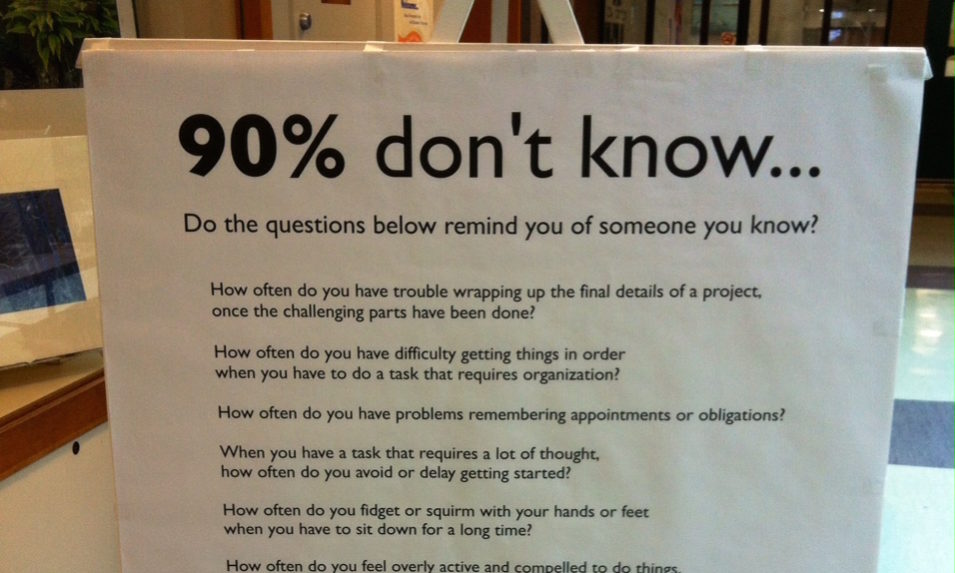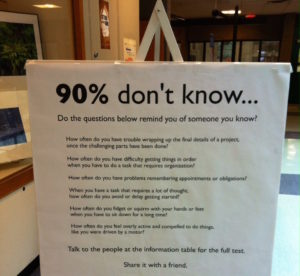Many people have trouble waking up in the morning. But if you have consistent difficulties sleeping, you could have adult ADHD ( attention deficit hyperactivity disorder) or ADD (attention deficit disorder). New research has revealed a correlation between the circadian rhythm, the bodies sleep regulation mechanism, and ADHD/ADD. Studies show that trouble falling asleep, poor REM sleep and feeling sluggish in the morning could be a symptom of these disorders.
Although it is not officially categorised as a symptom of ADD or ADHD, difficulty sleeping is a common complaint by those with the disorder. These individuals reported a number of correlating sleep disturbances. First of these was a difficulty in falling asleep. Those with Adult ADHD or ADD reported that once their head hits the pillow, their mind races, making falling asleep difficult. Secondly, it was reported that before four in the morning, these individuals had a restless sleep, often waking up several times. After four it was reported that a deep sleep took over them. Lastly, individuals described difficulties in waking up, often sleeping through alarms, and feeling sluggish till noon.
In a new study, it was found that those suffering from ADD or ADHD had altered levels in hormones controlling the circadian rhythm. In the study, patients with ADHD were monitored for changes in hormone levels at different times of the day, against those who did not have the disorder. What they found was an altered level of melatonin and cortisol, two hormones that regulate the rhythm. Melatonin is a hormone produced by the body and effects sleep. It is typically secreted in the evening to communicate to the body that it is time to sleep. In the morning the secretion stops, allowing the body to wake up. However, in those with ADHD, it was found that little melatonin was being released at night. Changes were also found in the levels of cortisol, a hormone that also regulates the circadian rhythm. In patients with ADHD it was found that the release of cortisol was delayed to almost three hours after the patient woke up.
While studies are still undergoing, it is clear that there is a correlation between ADHD/ADD and difficulties sleeping. If you have symptoms like those mentioned in this article, it might be wise to come and speak to us. To find out how to cope with your ADD/ADHD symptoms free to give us a call on +442038872866 or book online by clicking below.















